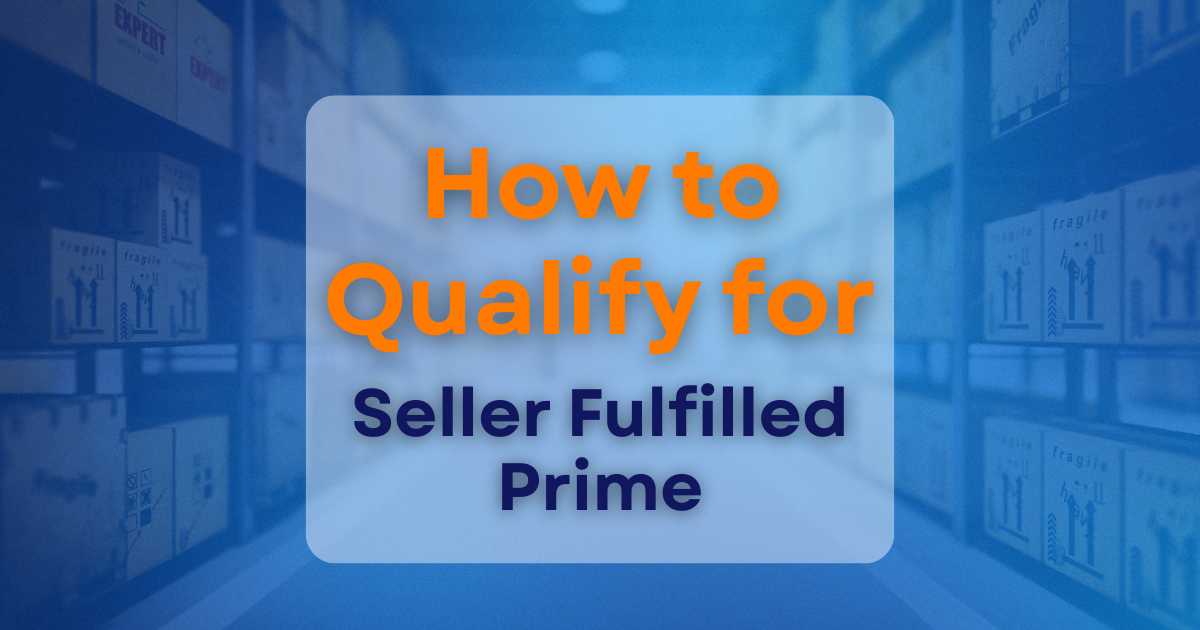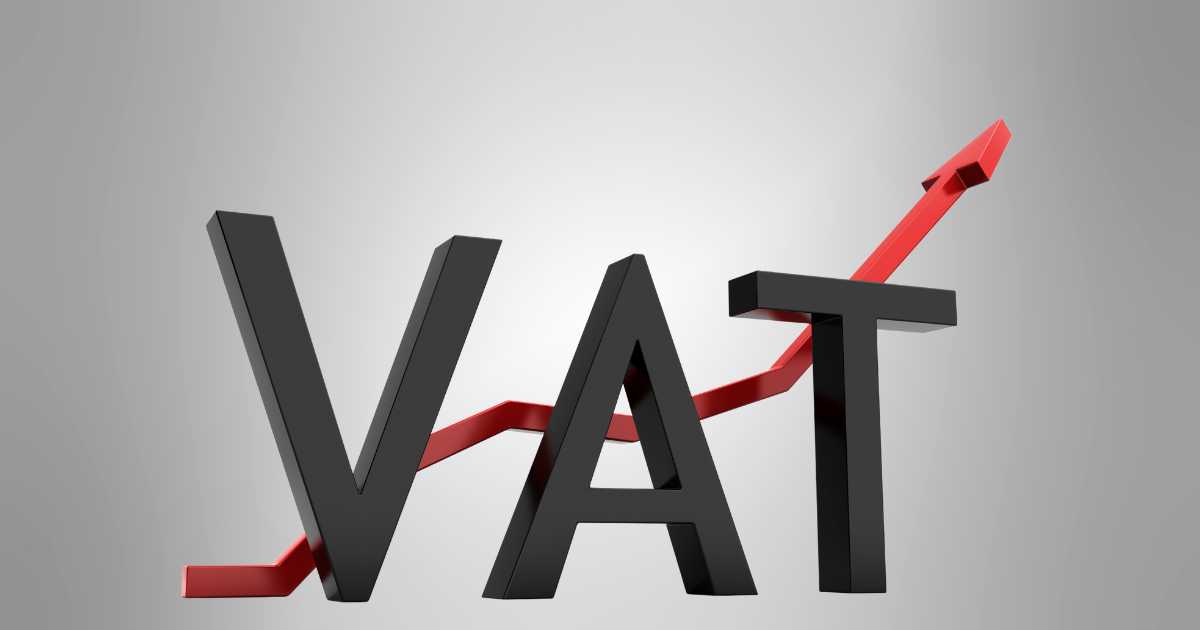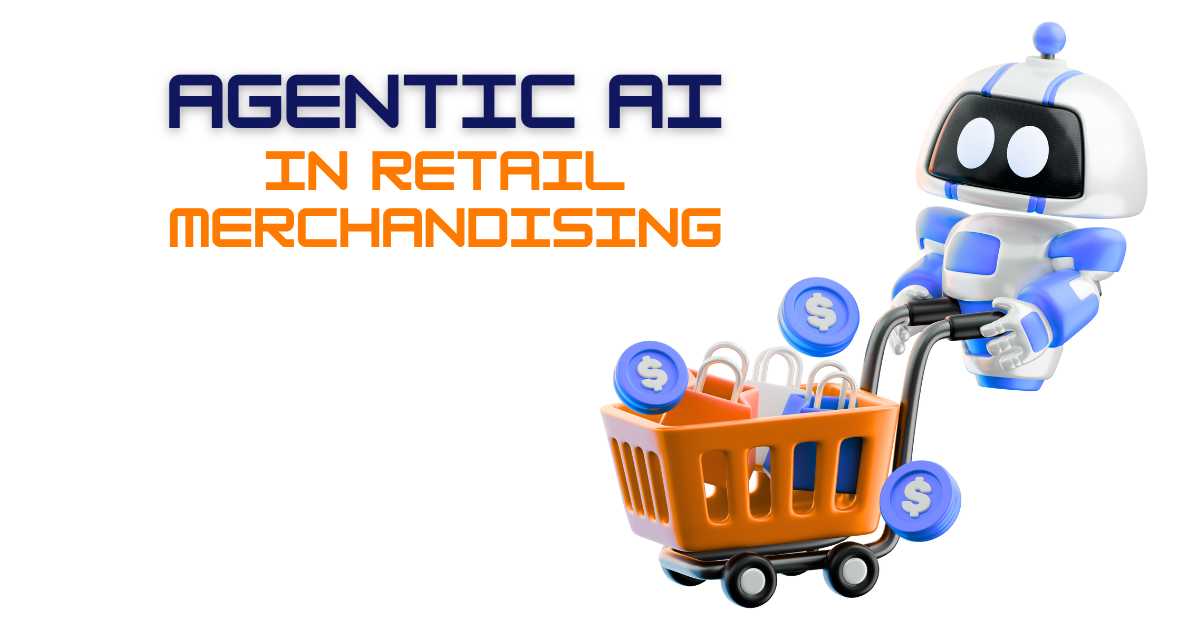In the fast-paced world of ecommerce, businesses face the challenge of meeting customer expectations for rapid delivery, seamless returns, and cost-effective operations. As online shopping continues to dominate retail, companies must optimize their supply chain to stay competitive. This is where Third-Party Logistics (3PL) providers come into play. A 3PL offers outsourced logistics and fulfillment services, allowing ecommerce businesses to focus on their core competencies like product development, marketing, and customer engagement. In this blog, we’ll explore the numerous advantages of using a 3PL for ecommerce , diving into how it can transform operations, streamline the fulfillment process, reduce costs, and enhance customer satisfaction.
Before delving into the benefits, let’s clarify what a third party logistics company (3PL) is. A Third-Party Logistics provider is a company that handles various aspects of a business’s supply chain, including warehousing, inventory management, order fulfillment, shipping, and sometimes even customer service. By outsourcing these functions to a 3PL, ecommerce businesses can leverage the provider’s expertise, infrastructure, and technology to streamline operations. Now, let’s explore why partnering with a 3PL is a game-changer for ecommerce.
1. Cost Savings and Scalability

One of the most significant advantages of using a 3PL is the potential for cost savings, including reduced storage costs. Managing an in-house logistics operation requires substantial investment in warehousing, transportation, technology, and labor. For small to medium-sized ecommerce businesses, these costs can be prohibitive. A 3PL eliminates the need for such capital expenditures by providing access to established infrastructure at a fraction of the cost.
Pay-as-You-Go Model
3PLs typically operate on a pay-as-you-go or subscription-based model, meaning businesses only pay for the services they use. This eliminates the need to invest in fixed assets like warehouses or delivery fleets. For example, during peak seasons like the holidays, a 3PL can scale operations to handle increased order volumes without requiring the ecommerce business to lease additional space or hire temporary staff.
Economies of Scale

3PL providers serve multiple clients, allowing them to achieve economies of scale. They can negotiate better shipping rates with carriers, purchase packaging materials in bulk, and optimize warehouse operations to reduce costs. These savings are passed on to ecommerce businesses, enabling them to offer competitive pricing to their customers.
Scalability for Growth
As an ecommerce business grows, its logistics needs evolve. A 3PL offers the flexibility to scale operations up or down based on demand. Whether you’re expanding into new markets or launching a new product line, a 3PL can adapt to your needs without the growing pains of managing logistics in-house.
2. Enhanced Focus on Core Business Activities
Running an ecommerce business involves juggling multiple responsibilities, from product sourcing and marketing to customer support and website maintenance. Managing logistics in-house can divert time and resources away from these core activities. By utilizing outsourced fulfillment, businesses can efficiently manage their inventory, order processing, and shipping needs, allowing them to focus on what they do best—building their brand and growing their customer base.
Streamlined Operations

A 3PL takes care of time-consuming tasks like inventory management, order picking, packing, and shipping. This allows ecommerce entrepreneurs to dedicate their energy to strategic initiatives like developing new products, optimizing their website, or crafting marketing campaigns. For example, instead of spending hours coordinating shipments, a business owner can focus on creating engaging social media content to drive traffic to their online store.
Access to Expertise
3PL providers are logistics experts with years of experience in supply chain management. They bring industry knowledge and best practices to the table, ensuring that your operations run smoothly. This expertise is particularly valuable for ecommerce businesses entering new markets or dealing with complex shipping regulations.
3. Improved Customer Experience
In ecommerce, meeting customer demand and ensuring customer satisfaction is paramount. Shoppers expect fast, reliable delivery, accurate order fulfillment, and hassle-free returns. A 3PL can help businesses meet these expectations , enhancing the overall customer experience.
Faster Shipping Times
3PLs often have multiple fulfillment centers strategically located across the country or even globally. This allows them to store inventory closer to customers, reducing shipping times and costs. For instance, a customer in California can receive their order in one to two days if the 3PL has a warehouse on the West Coast, compared to several days if the business ships from a single location on the East Coast.
Accurate Order Fulfillment
Mistakes like shipping the wrong product or missing items can damage a brand’s reputation. 3PLs use advanced warehouse management systems (WMS) to ensure accurate order picking and packing. These systems minimize errors, ensuring customers receive exactly what they ordered.
Flexible Shipping Options
3PLs offer a variety of shipping options, from standard ground delivery to expedited services. This flexibility allows ecommerce businesses to cater to different customer needs, whether someone wants their order in two days or is willing to wait a week for free shipping. Some 3PLs even provide same-day delivery in certain markets, giving businesses a competitive edge.
Seamless Returns Management

Returns are an inevitable part of ecommerce, and a smooth returns process can turn a negative experience into a positive one. Many 3PLs offer reverse logistics services, handling return processing, restocking, and even refurbishing products. This ensures customers have a hassle-free experience, which can foster loyalty and repeat purchases.
4. Access to Advanced Technology
Technology is the backbone of modern logistics, and 3PLs invest heavily in cutting-edge systems, including a robust order management system , to optimize their operations. By partnering with a 3PL, ecommerce businesses gain access to these technologies without the need for significant upfront investment.
Inventory Management Systems
3PLs use sophisticated inventory management software to track stock levels in real-time. This helps prevent stockouts and overstocking, both of which can hurt profitability. Many 3PLs integrate their systems with popular ecommerce platforms like Shopify, WooCommerce, or Amazon, providing businesses with a seamless view of their inventory and sales data.
Order Tracking and Transparency
Customers today expect visibility into their orders. 3PLs provide tracking tools that allow businesses and their customers to monitor shipments in real-time. This transparency builds trust and reduces customer inquiries about order status.
Data Analytics

Many 3PLs offer logistics analytics dashboards that provide insights into shipping performance, inventory turnover, and customer buying patterns. These insights can help ecommerce businesses make data-driven decisions, such as optimizing their product offerings or adjusting their marketing strategies.
5. Global Expansion Made Easier

For ecommerce businesses looking to expand into international markets, navigating the complexities of global logistics can be daunting. Customs regulations, international shipping rates, and local delivery expectations vary widely across countries. A 3PL with global capabilities can simplify this process.
International Fulfillment Centers
Many 3PLs have fulfillment centers in multiple countries, allowing businesses to store inventory closer to international customers. This reduces shipping costs and delivery times, making it easier to compete in foreign markets. For example, a U.S.-based ecommerce business can use a 3PL’s European fulfillment center to serve customers in the EU without setting up its own operations overseas.
Customs and Compliance Expertise
3PLs are well-versed in international shipping regulations and customs requirements. They handle documentation, duties, and taxes, ensuring compliance with local laws. This reduces the risk of delays or penalties, allowing businesses to focus on growing their global presence.
Localized Customer Experience
A 3PL can help businesses tailor their offerings to local markets. For instance, they can provide region-specific packaging, support local payment methods, or offer delivery options that align with customer preferences in different countries.
6. Risk Mitigation in the Supply Chain

Logistics is fraught with risks, from disruptions across the entire supply chain to damaged goods. A 3PL can help ecommerce businesses mitigate these risks and operate with greater confidence.
Contingency Planning
3PLs have robust contingency plans to handle disruptions like natural disasters, labor strikes, or carrier delays. Their experience and resources allow them to pivot quickly, ensuring that operations continue with minimal impact.
Insurance and Liability
Many 3PLs offer insurance options to protect against loss or damage during storage and shipping. This provides peace of mind for ecommerce businesses, especially those selling high-value or fragile products.
Regulatory Compliance
Staying compliant with shipping and warehousing regulations can be challenging, especially for businesses operating in multiple regions. 3PLs stay up-to-date on industry standards and ensure that their operations meet all legal requirements, reducing the risk of fines or legal issues.
7. Sustainability and Green Logistics

As consumers become more environmentally conscious, ecommerce businesses are under pressure to adopt sustainable practices. Many 3PLs are leading the way in green logistics, helping businesses reduce their environmental footprint.
Optimized Shipping Routes
3PLs use advanced routing algorithms to minimize fuel consumption and emissions. By consolidating shipments and choosing the most efficient carriers, they help businesses lower their carbon footprint.
Eco-Friendly Packaging

Some 3PLs offer sustainable packaging options, such as recyclable or biodegradable materials. This aligns with customer values and can enhance a brand’s reputation as an environmentally responsible business.
Reverse Logistics for Recycling
3PLs can manage the return and recycling of products, ensuring that items are disposed of responsibly or refurbished for resale. This contributes to a circular economy and reduces waste.
8. Competitive Advantage

In a crowded ecommerce landscape, businesses need every advantage to stand out. Partnering with a 3PL that has an existing network of fulfillment centers and pre-negotiated carrier contracts can give companies a competitive edge by enabling them to offer superior service at lower costs.
Meeting Customer Expectations
Fast, reliable shipping and easy returns are no longer luxuries—they’re expectations. A 3PL ensures that businesses can meet these demands consistently, helping them retain customers and attract new ones.
Focus on Innovation
By outsourcing logistics, ecommerce businesses can allocate resources to innovation, whether it’s developing new products, improving their website, or experimenting with new marketing channels. This focus on innovation can help them stay ahead of competitors.
Brand Reputation
A 3PL’s ability to deliver orders accurately and on time enhances a brand’s reputation. Positive customer experiences lead to glowing reviews, word-of-mouth referrals, and repeat business—all of which contribute to long-term success.
Ecommerce Fulfillment

Importance of Fulfillment Operations
Ecommerce fulfillment is a critical component of any ecommerce business, as it directly impacts customer satisfaction and loyalty. Fulfillment operations encompass the entire process of receiving, processing, and shipping customer orders. To meet customer expectations, these operations must be executed with a high level of efficiency and accuracy.
A well-managed fulfillment operation can significantly reduce fulfillment costs, improve delivery times, and enhance customer satisfaction. For instance, efficient fulfillment processes ensure that orders are picked, packed, and shipped promptly, minimizing delays and errors. This not only meets but often exceeds customer expectations, leading to higher levels of customer satisfaction and repeat business.
On the other hand, a poorly managed fulfillment operation can have detrimental effects. Delays in order processing, incorrect shipments, and slow delivery times can lead to lost sales and damage a company’s reputation. Customers today expect fast and accurate deliveries, and failing to meet these expectations can result in negative reviews and a decline in customer loyalty.
Therefore, it is essential for ecommerce businesses to invest in a reliable and efficient fulfillment system. This can be achieved either by building their own infrastructure or by partnering with a 3PL company. A 3PL can provide the necessary expertise, technology, and infrastructure to ensure that fulfillment operations run smoothly, allowing ecommerce businesses to focus on their core activities and grow their customer base.
Choosing a 3PL Partner

Factors to Consider
When choosing a 3PL partner, ecommerce businesses must consider several critical factors to ensure they select a provider that aligns with their needs and goals. The provider’s experience, expertise, and reputation in the industry are paramount. A 3PL company with a proven track record of delivering high-quality fulfillment services, including inventory management, order fulfillment, and shipping, can be a valuable partner.
The technology platform used by the 3PL is another crucial factor. The provider should have a robust system that integrates seamlessly with the ecommerce business’s existing platforms, offering real-time tracking and reporting. This integration ensures transparency and allows businesses to monitor their logistics operations closely.
Additionally, the 3PL company should have a strong network of warehouse locations and shipping carriers. This network is essential for ensuring fast and reliable delivery, which is critical for meeting customer expectations. The provider’s ability to offer multiple shipping options and manage inventory across various locations can significantly enhance operational efficiency.
Pricing structure and contract terms are also important considerations. Ecommerce businesses should request fulfillment pricing from multiple 3PL companies and compare their services and rates. This comparison helps in making an informed decision that balances cost with the quality of service. Furthermore, the level of customer support provided by the 3PL is vital. A dedicated account manager and responsive support team can address any issues promptly, ensuring smooth operations.
By carefully evaluating these factors, ecommerce businesses can find a 3PL partner that meets their needs and helps them achieve their goals. A well-chosen 3PL partner can be instrumental in scaling operations, reducing costs, and enhancing customer satisfaction.
Conclusion

For ecommerce businesses, partnering with a 3PL or a fulfillment provider is a strategic move that unlocks a host of benefits. From cost savings and scalability to improved customer experiences and global expansion, a 3PL provides the tools and expertise needed to thrive in a competitive market. By outsourcing logistics, businesses can focus on their core strengths, leverage advanced technology,






